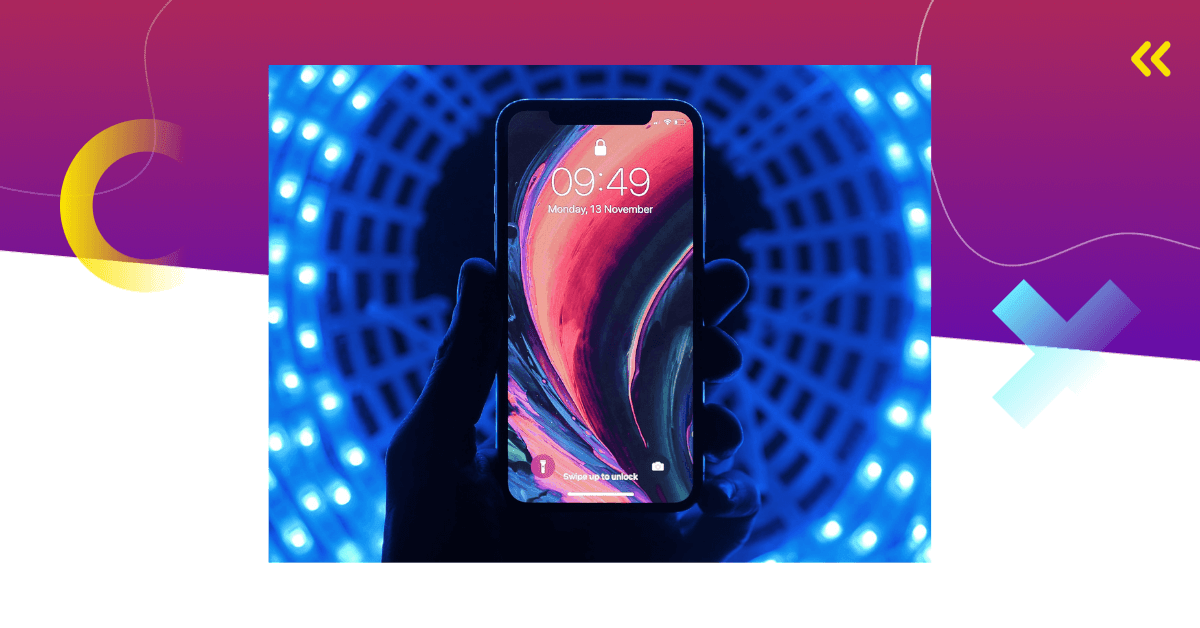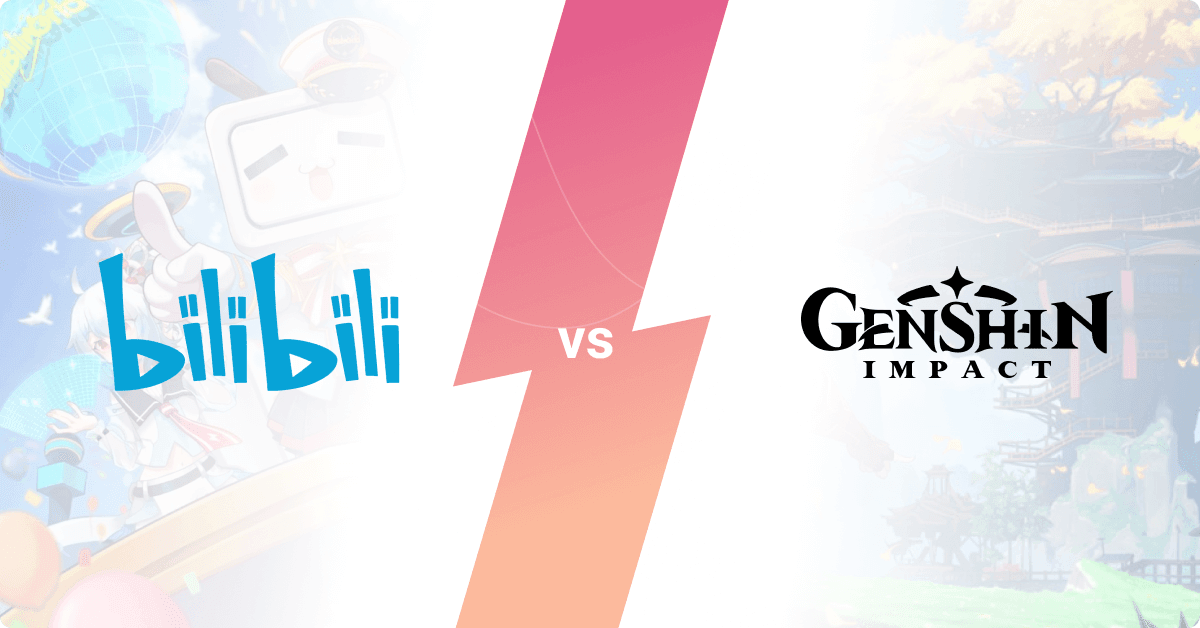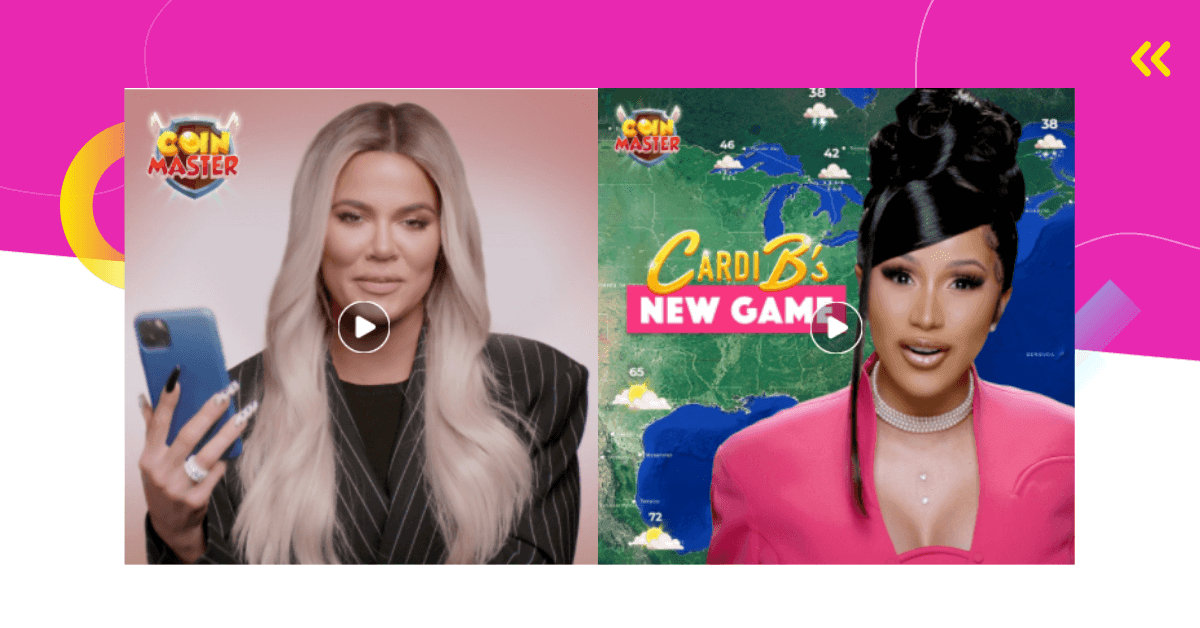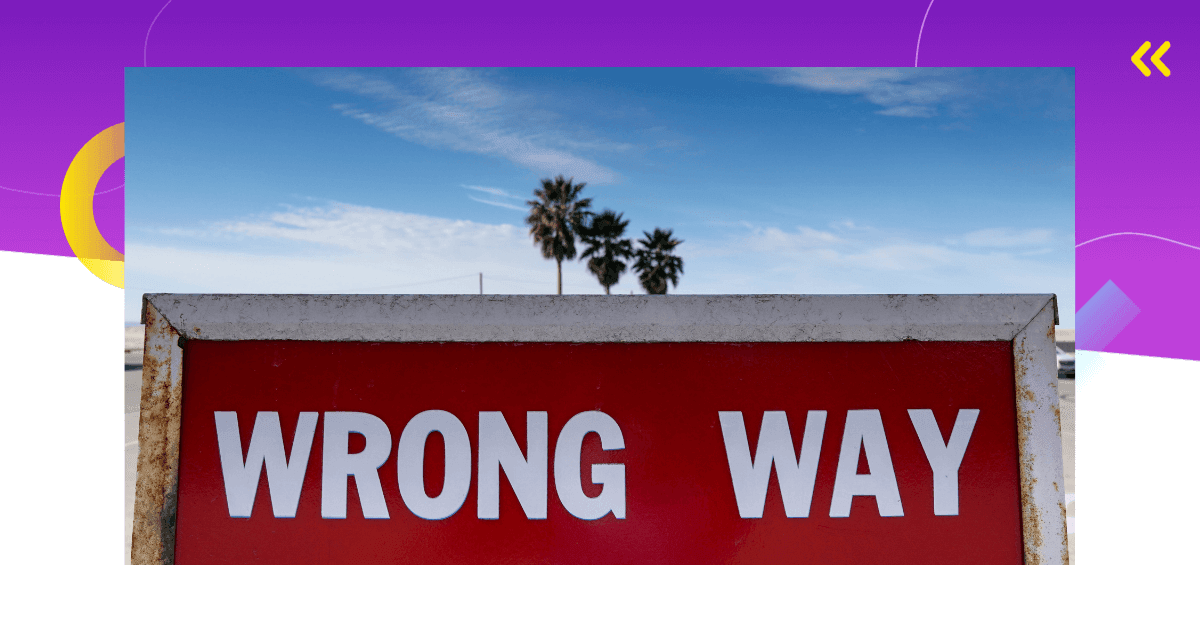Is your app engagement dropping? Are you losing users left and right? You should consider mobile app personalization.
People are tired of generic interactions with their apps. That includes content and notifications that are not relevant to them. That’s very common. Would you use an app that doesn’t solve your specific problems or caters to your specific needs? You wouldn’t.
That’s why you should include personalization in your mobile marketing strategy. It will boost engagement and increase user retention.
What Is Mobile App Personalization?
Customization is all about the user making changes and choosing what they want in an app. Personalization is much more dynamic and happens in real-time. It’s about tailoring the app experience to meet the needs of a specific user.
When you go to Starbucks and order a latte with soy milk, sugar, and extra foam – that’s customization. But when the barista already knows what kind of coffee you like – that’s personalization. So personalization is a step beyond customization.
The thing about us humans is that we want to feel special. We want to feel that we are understood and that our needs will be met. That’s why users love personalization. It’s as though everything is tailored just for them.
Mobile app personalization can include push notifications, recommendations, suggestions, tips, discounts, special offers, gamification, etc. All of it individualized and relevant to the user.
Benefits of Creating a Personalized Application
Still wondering why go through all the trouble of mobile app personalization? Here are a couple of benefits that will change your mind.
Raising awareness
One of the keys to growing your app is knowing what your users like and dislike. You can find this out by collecting data on user behavior, or even directly by conducting a survey on user preferences.
After you’ve gotten to know your users, you can use this information to keep them as long as possible and increase overall app usage.
The way you will enhance your app’s user awareness will depend on your goals and app type. For example, if you want the user to come back to your app, you can send them notifications on up-to-date events, reports, news etc.
For this strategy to work, these features have to be relevant, useful and not too aggressive. However, be careful, since going over the top with these will likely have the opposite effect.
Higher User Retention
With over 5.23 million apps available in app stores right now, it’s safe to say that the app market is very crowded. Why would anyone use your app, when there are hundreds of similar ones in the app store? Add to that the fact that 75% of users abandon apps after just one day, and the future of your app isn’t looking very gloomy.
But don’t give up just yet. This is where app personalization comes in.
By creating a personalized app experience for the users, you give them more reasons to keep coming back to your app instead of ignoring it. If an app is tailored to your needs and provides you with relevant offers, discounts, or recommendations, wouldn’t you use it regularly?
Personalization also makes your app stand out from the crowd. Why? Only 28% of all apps are personalized, according to Evergage. In a crowded market, that’s a great way to gain an advantage over your competitors and improve app retention.
Better Customer Experience
Which app would you prefer as a customer?
- An app that offers you generic products that don’t interest you and offers that are not relevant to you.
- An app that offers you products and services based on your shopping history, interests, and preferences.
The second one, right?
Mobile app personalization has a huge impact on the overall customer experience. It takes care of the users, makes things more convenient, easier, and faster.
In a study done by eMarketer, 35% of users say they want more personalization. So if you’re wondering how to improve customer experience, listen to what people are saying. In research done by Evergage, 84% of businesses report that customer experience is the key driver behind personalization.
More Engagement and Conversions
All of us know that an app is just a piece of software, not a real human being. However, we still don’t want to feel like we’re getting messages from a robot. That’s why people love personalization. It gives them an illusion of human interaction. And that drives engagement.
When users are presented with relevant content that’s tailored to them, they will engage with it.
When you give people what they want, need, or like, they’ll engage with it. It’s that simple.
It Can Boost In-App Purchases
What do you think happens when a user receives a personalized offer or discount?
They’re much more likely to make an in-app purchase. It shows them that you understand and take care of them.
For example, you can segment users that were about to make a purchase at some point but then left the cart. Sending these users personalized push notifications can be a great way to encourage them to come back to the shop.
Increased Brand Loyalty
No matter what kind of business you have, brand loyalty is paramount. Loyal customers make repeated purchases, recommend you to their friends, and engage often. According to Localytics, they generate 25% more in-app purchases than other users.
And when you have a personalized application, brand loyalty goes up. When you cater to the specific needs of a user, they repay you with loyalty.
Keep in mind that 33% of customers abandon a business (according to Accenture) because personalization is poor or non-existent. So if you want to keep your customers and make them loyal to your brand, focus on mobile personalization.
Besides an increase in brand loyalty, personalization can also bring you higher revenue. Gartner reports that by 2020, personalization will boost the profits of digital businesses by 15%.
How to Personalize Your Mobile App?
Now that you know why personalization is important, let’s get into how it’s done. It’s not that hard.
Collect User Data
Before you can personalize your app, you need to collect user data. That will help you understand your users – who they are, what they want, what they need, what their preferences are, etc. Once you have a clear understanding of that, you can create a custom experience for them.
Here’s the kind of data you should collect:
- Age
- Gender
- Interests
- Profession
- Location
- When they’re using the app
- Which devices they’re using
- User preferences
- Likes and dislikes
- Purchase history
- App activity
- Etc.
After you collect all the necessary data, notice patterns that emerge, then create groups of similar users. Segmentation will make the app personalization process a lot easier.
Make it Social
For all those users that dread long registration processes, enable a simple way into your app – social media logins.
This not only brings you the personalization details you need but also makes the onboarding process quick and simple.
Personalize Push Notifications
Did you know that 68% of users have push notifications enabled? So it’s not like users don’t want to interact with the app. The challenge is sending them relevant and engaging push notifications. If you personalize push notifications based on user demographics and behavior, you will keep things interesting.
Push notifications are used in many different ways. One is location-based. Factual reports that 9 out of 10 marketers say location-based marketing resulted in more sales. So perhaps you can send a discount code when the user is near the store. Or you can recommend a type of restaurant they like in their vicinity. Or even alert them of severe weather in their area.
If they haven’t used the app for a while, you can send a reminder. Perhaps you’ll send tips based on their specific interests. Or you’ll alert them that their favorite shoes are on sale. The possibilities are endless. No matter what kind of app you have, you can benefit from sending personalized push notifications.
However, keep in mind that the users need to opt-in to receive them. And also make it easy to opt-out. You don’t want to harass people.
Personalize In-App Messages
Unlike push notifications, users get in-app messages while they’re using the app. And you should personalize them as well.
A simple way to personalize in-app messages is to address each user by their name. It’s basic, but it’s still a nice touch. You can also notify a user when they complete a milestone related to your app. Or you can send product recommendations based on their interests, needs, purchase history, etc. Noticed that the user didn’t buy anything through the app? Offer them free shipping as an incentive to buy.
Segment’s research found that 49% of people purchased something after getting a personalized recommendation.
No matter what kind of approach you take, make sure in-app messages are tailored to that specific user. You can’t go wrong with that.
Personalize In-App Offers in Mobile Games
This is a very specific tip that pertains to mobile games that monetize with in-app purchases. In this case, personalization can help game publishers to create an offer that fits the needs of a specific player and maximizes their lifetime value.
The key is to segment users and then send them personalized offers.
You can do that in various ways. The most important thing is to segment players into payers and non-payers. Then you can further segment those two groups into additional groups.
For example, you can segment paying players based on how often they spend on in-app purchases, how much, which items they prefer, the frequency at which they make purchases, etc.
Respect the Privacy of the Users
Another important thing to mention is the privacy of the users. Studies show that users generally have no issue with giving out data to get more personalization. Salesforce’s study found that 57% of people will trade personal information for personalized offers. And according to Statista, 48% of consumers say it’s fine if businesses use their purchase history to create personalized offers. But they want to be able to opt-in and out whenever they want.
So generally people are open to you collecting their data in exchange for personalization. But that doesn’t mean you should take advantage of that. Be transparent about the data you’re collecting and how you’re using it.
The same goes for notifications. Don’t go overboard. If the user has enabled push notifications, that doesn’t mean you should spam them 50 times a day. No matter how personalized the notifications are. People will delete your app in seconds.
Best Examples of Personalized Apps
Many apps are doing a great job when it comes to personalization. And you could learn a lot from them.
Here are some of the best-personalized apps:
Spotify
When it comes to personalization, Spotify is leading the game. With their personalized playlists like Daily Mixes, they combine user’s favorite songs with ones they haven’t listened to in a while.
But that’s not all.
In-app messages and notifications alert users when their favorite artist released an album or is playing a show near them.
Their latest feature is a personalized podcast playlist where users can discover new podcasts and follow the ones they like.
Nike Training Club App
Nike Training Club app is another fine example of personalization. It is a fitness app that offers users a personalized workout plan. What’s cool is that the workout plan changes and adjusts according to the progress they make. Users also get tailored guidance that helps them reach their goals. So it’s like they have a fitness trainer with them at all times.
The app also sends personalized tips about nutrition, health, and mindfulness. Those engage users even when they’re not working out.
Netflix App
Ever wondered what made Netflix stand out in the sea of other streaming services? The answer is its personalized recommendations system.
Regardless of which device the user is signing in to at the moment – the app, web, or TV, their account remains personalized. This system is based on consistency and gets refreshed after every session.
However, it is not only important what the users get, but also how and where.
For this reason, suggestions from Netflix appear on the home screen, while browsing the content, and after watching a certain show.
The user’s interests are displayed through several lists: Continue watching, Because you watched, My list, Top 10 in your country today, etc. Everything Netflix does is based on data – the system even provides a percentage match on content pieces.
All of these Netflix’s personalization features never change across devices, providing the most personalized user experience possible.
Instagram makes it easy for users to find the content they like in the Explore tab. That content is based on their usage history, which means it’s personalized and engaging.
The content in the newsfeed is also personalized according to what the user likes. And the ads are tailored according to the interests and behavior of the user. So you’re constantly surrounded with content you like and want to engage with.
Instagram alerts you when someone likes your post, starts following your, or your friend posts a Story. All of those notifications are very personalized and relevant to specific users.
To Sum-Up on Mobile App Personalization
App customization is no longer enough. Users want personalized content that will make them feel heard and taken care of. That’s why the main goal of your app should be to offer them a personalized user experience. It will make the app more convenient to use and more useful to users. And that will result in more engagement, higher user retention, and an increase in brand loyalty.
What are your thoughts on mobile app personalization? Have some questions about it? Reach out in the comments below!















